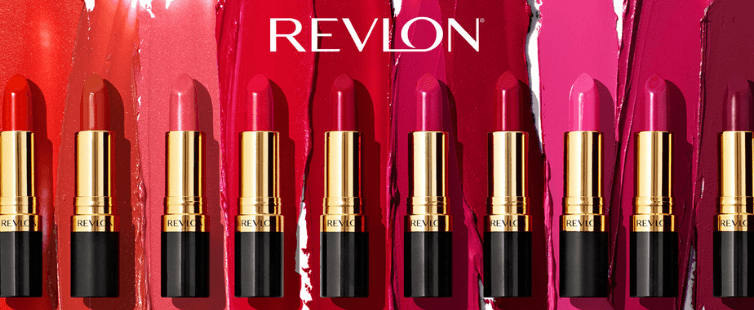Beauty Brands Seek Licensing Makeover

Some major brands have just announced new moves into licensing in an effort to broaden the reach of well-known beauty, skin care and hair care labels.
Revlon, for example, today is announcing that it has hired MDR Brand Management to handle global licensing of its namesake and Elizabeth Arden brands. (In North America, MDR will be working with Brand Activation Consulting.)
Spas and salons
MDR will seek agreements for spas and hair salons in a bid take advantage of popularity of “experiences,” says Daniel Avener, MDR’s CEO. (Revlon already has a well-manicured foot in the spa business via its Elizabeth Arden Red Door Salons.) It also will seek to expand on Revlon’s ecommerce and digital businesses, which accounted for 12% of the company’s third-quarter revenue, up from 9% a year earlier. There also will be an effort to bring the brands into men’s grooming, where Revlon already has its own American Crew label.
Licensing isn’t new to Revlon. It’s had a long-standing license with Helen of Troy for hair-care appliances that late last year morphed into a $72.5 million flat-fee arrangement that could last 100 years with extensions.
More than skin deep?
Meanwhile, Meanwhile, Kao Corp. engaged Brandgenuity to develop licensing for its Jergens (into moisturizers, skin cleansers and other products) and John Frieda (for hair color treatments and volumizers) brands.
These efforts come at time when the way beauty comes to market has been changing. Just in the U.S., for example, Kohl’s, which has experienced a 40% increase in beauty sales over the last several years, plans to open 2,500 sq. ft. Sephora store-within-a-store operations in 200 stores by fall and 850 by 2023 and will have an exclusive online collection with Sephora, as it phases out of a prior agreement with JC Penney by 2023.
At the same time, Target forged an agreement with Ulta Beauty that will yield hundreds of branded in-store shops. And, as is the case in virtually every other merchandise classification, DTC brands have been steadily gaining share of wallet.
So brands are confronted with an evolving landscape in the U.S. and elsewhere. “We have an opportunity to create some new platforms for the brand from a global perspective,” says MDR’s Avener of Revlon. “Revlon operates in 25 markets around the world and now we have the chance to activate the brands across multiple markets. It’s a question of taking the right strategic approach…. With the constant reinvention of retail, it gives rise to the reemergence of brands through a different business model.”
With shoppers sticking close to home during the pandemic, U.S. beauty product sales declined 19% last year to $16.1 billion as decreases in makeup (-34%) and skincare (-11%) were partly offset by a gain in hair care (7%), according to NPD.
“Our brands have mass appeal and have been successful throughout the COVID pandemic,” says Lisa McClinton, Associate Director of Brand Expansion at Kao. “While DTC and other new brands are certainly entering the beauty space, we know consumers are turning to trusted brands. In fact, our consumers have been asking for innovative product extensions for years and the ability to partner externally through licensing will help us grow faster and expand the reach of these trusted brands.”




